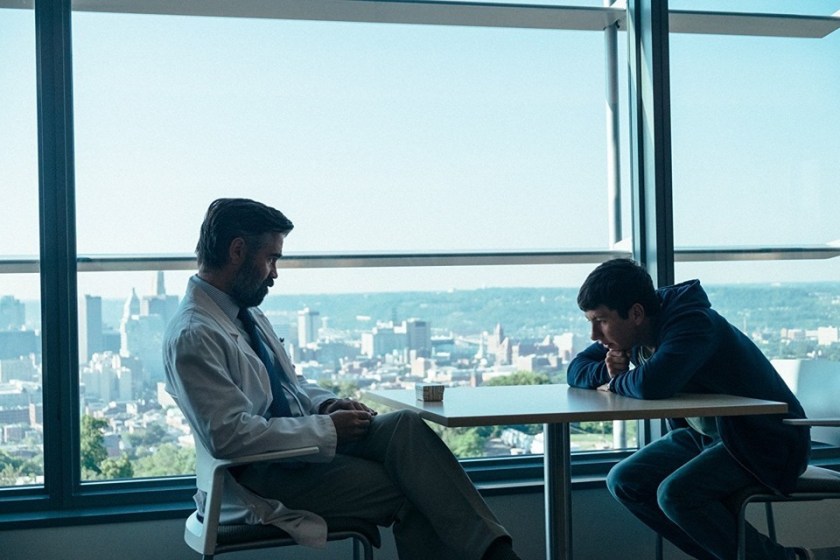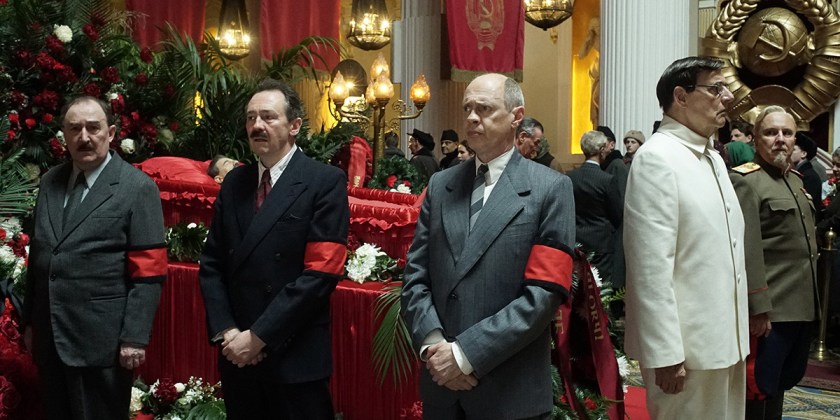
⭐⭐ (Poor)
Director: Zack Snyder
Starring: Ben Affleck, Henry Cavill, Amy Adams, Gal Gadot, Ezra Miller, Jason Momoa, Ray Fisher, Jeremy Irons, Diane Lane, Connie Nielsen, J.K. Simmons, Ciarán Hinds
Certificate: 12A
Run Time: 120 mins
It feels rather surreal that Justice League has finally arrived on the big screen, particularly after a really tumultous production. After the negative critical reception to both Batman v Superman: Dawn of Justice (BvS) and Suicide Squad, Warner Bros decided to rein returning director Zack Snyder back by making the film less dark, murky and devoid of humour which were the problems that plagued BvS. As for myself, I have always liked and will always defend Snyder’s vision on that particular film, so from the start this film always felt as if it was aiming in the wrong direction. The Justice League are what DC is to Marvel’s Avengers, the culmination and grouping of these superheroes together in a feature film. Not just for myself, but for years, even the notion of a Justice League film happening was one I had never dreamed would come. Snyder unfortunately left the project this year after a family tragedy and Avengers director Joss Whedon stepped in to finish the project. Whilst we’ll never know exactly who shot what, Whedon then was commissioned to lead extensive reshoots on the film, also replacing Junkie XL as composer with Danny Elfman and having to cut the film down to a 120 minute run time which is strongly suspected to have been mandated by the studio.
Unfortunately, this all shows on-screen. Justice League is an absolute mess and is the result of again, too many cooks in the kitchen. Snyder and Whedon as filmmakers pull in completely different directions, with Whedon injecting more humour into the film whereas Snyder has always been the more visionary filmmaker. Whilst I was watching the film, I never felt the stakes faced against these characters and the film has no sense of flow. 120 minutes is a very short run time for the story this film tries to tell and is the shortest DCEU installment thus far. The film neglects to develop its new characters of Aquaman, Cyborg and The Flash that it introduces and has a very forgettable, one-dimensional CGI villain with typical end-of-the-world antics.
The biggest problem with the film is it feels unfinished. This is from everything down to the film itself, its acting and its visual effects. You can trash BvS all you want but you can’t deny that there were multiple instances in which Snyder stunned his audience with some mesmerising visuals. Justice League has none of that and its big set pieces aren’t convincing or believable due to the poor visual effects. By extension, the whole film feels as if it has been cobbled together at the last minute, a far cry from what it once was before. Everyone in the cast looks tired and the performances are mostly wooden and lacking energy. Of the new characters, Jason Momoa’s Aquaman is going to have to do a lot of work to impress me in his standalone film next year as I thought his character was stupid and he spends virtually the entire film out of the water as opposed to in it which are his strengths. Ray Fisher’s Cyborg is average and some of Ezra Miller’s humour as The Flash sticks but some of it aggressively doesn’t. Ciaran Hinds is a fine actor and god knows what they were thinking when they made his villain all-CGI so as not for Hinds to showcase his talents and his villain is so bland, so one-dimensional and again, this trend of poor visual effects continues as his villain looks like he came straight out of an early generation computer game.
The script is just woeful. It is penned by Chris Terrio, who also wrote BvS but Whedon also recieves a credit for his rewrite and like the film, the script feels as if it’s the two of them pulling in different directions. Many attempts at humour feel forced and the film often resorts to cliched exposition. The film’s final set piece, which should be the crowning jewel of this kind of a film, is boring and lazy. Characters make many references to saving the poor citizens who are being terrorised by the villain but we only see this suffering through the eyes of one family. Justice League has a huge $300 million budget – surely the filmmakers could have established a sense of scope in order to invoke that this situation is actually dangerous.
Danny Elfman’s score has recieved some flack for him not opting to reuse the themes Hans Zimmer and Junkie XL had used in the previous films, instead opting to use his classic Batman theme and John Williams’ Superman one. Although perhaps in principle, an interesting idea, what of Elfman’s score that has made it into the film sadly doesn’t really stick. I would like to point out however that on the soundtrack, there are a couple of interesting tracks that for some reason haven’t made it into the film. Fabian Wagner’s cinematography is also sound but lacks the ambition and beauty of Snyder-regular, Larry Fong.
Justice League is not a bad film overall – it’s just a crushingly disappointing one with a real lack of ambition. With the talent involved and what could have been, it’s a real shame that the film that we get is one that doesn’t have much personality, is frustratingly pedestrian and inoffensively bland. There are a moments in it which showcase some of the better qualities of Snyder and Whedon but the cut that has been put together doesn’t fit together and it makes for a very jarring experience. I kept having to remind myself that I was actually watching a Justice League film because the low stakes that were being portrayed on-screen and the sub-par film weren’t really what I had anticipated.
DC need to have a big think going forward. With the exception of Wonder Woman earlier in the year, nothing has seemed to stick with audiences looking at past examples. Justice League is certainly not the worst film of the year and it is a film where I will always imagine what could have been. It will be interesting to see what happens with the standalone Aquaman film next year. Although his character recieved a poor introduction in this film, James Wan is in the director’s chair and hasn’t really put a foot wrong so I have confidence the first step in permanently course-correcting this franchise starts with him. We will have to wait and see.
⭐⭐ (Poor)











